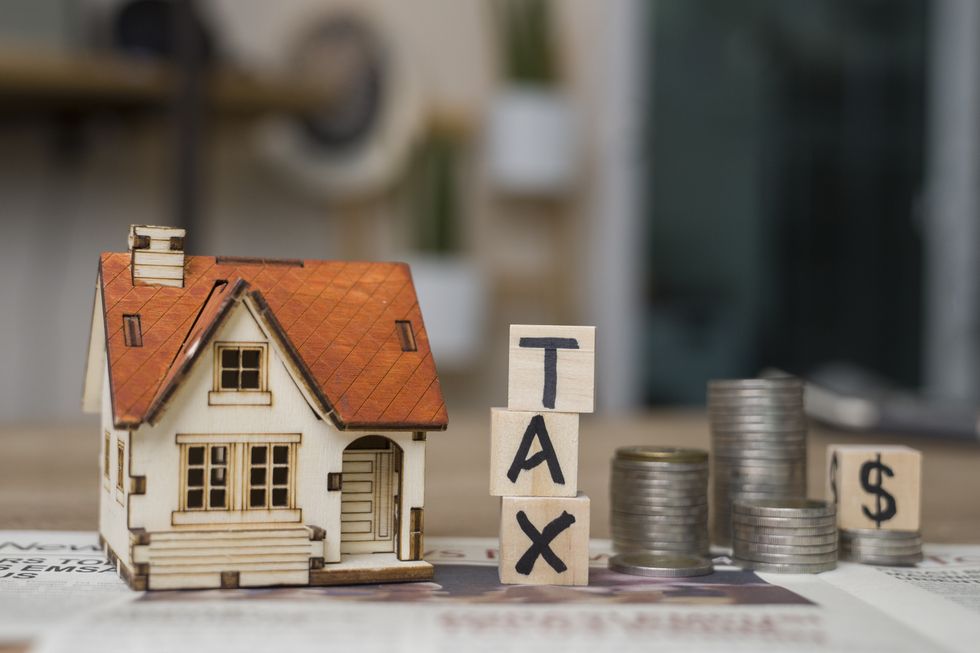Families could face effective tax rates of up to 91 per cent on inherited pensions under Labour’s plans to include retirement savings in inheritance tax calculations from 2027, research suggests.
The change would end the current exemption of pensions from inheritance tax, potentially leaving beneficiaries with just a fraction of their loved ones’ pension savings.
The Treasury estimates the reform will affect around eight per cent of estates each year and generate £1.46billion in tax revenue by 2029/30.
From April 2027, unused pension funds and death benefits will become part of a person’s taxable estate.
RSM’s analysis explained that a £2million estate left to direct descendants by a couple dying after age 75, including property but no pension, would face £400,000 in inheritance tax, leaving £1.6million for the family.
However, under the new rules, if that same estate included a £700,000 pension, relatives would receive just £60,667 more, facing an effective tax rate of 91 per cent.
This dramatic increase occurs because the pension would make the estate ineligible for the residence nil-rate band – a £175,000 tax-free allowance for each spouse passing property to children.
 The levy is charged at 40 per cent on estates worth more than the £325,000 threshold GETTY
The levy is charged at 40 per cent on estates worth more than the £325,000 threshold GETTYThe pension would also absorb part of the standard £325,000 nil-rate bands, further increasing the tax burden.
Chris Etherington, of RSM, said: “The Budget has set an additional bear trap for unwary taxpayers that could prove particularly painful for some.
“The tax system is full of complexities that can result in penal effective tax rates being applied in certain circumstances and this is another one for people to watch out for.
“There is still the opportunity for the Government to change the rules, but it looks unlikely at this stage. Those potentially impacted by this may therefore want to think about what they can do to lessen the anticipated tax blow to their pension pot.”
LATEST DEVELOPMENTS:
Under current rules, pensions sit outside of someone’s estate when they die, meaning no inheritance tax is due.
For those who die before age 75, beneficiaries can receive pension payments completely tax-free.
If death occurs after 75, beneficiaries only pay income tax at their own rate on the inherited pension.
But from April 2027, unused pension funds and death benefits will become part of a person’s taxable estate.
The double taxation impact could be particularly severe, experts warn. A stark example shows how £100 in pension savings could be whittled down to just £33 through combined taxation.
First, the 40 per cent inheritance tax would reduce £100 to £60. If the original pension holder died after age 75, the remaining amount would then face income tax at the beneficiary’s rate.
For those in the highest tax bracket, a further 45 per cent reduction would apply to the £60.
This double hit of taxation could result in an effective tax rate of 67 per cent, leaving beneficiaries with just £33 from the original £100.
Helen Morrissey, head of retirement analysis at Hargreaves Lansdown said: “The dust has started to settle on a truly momentous budget and now it’s time to think about what it means for our retirements.
“The major impact has been the decision to bring pensions into the scope of inheritance tax – a move that is expected to land many more families with a hefty bill and people will need to plan carefully.”